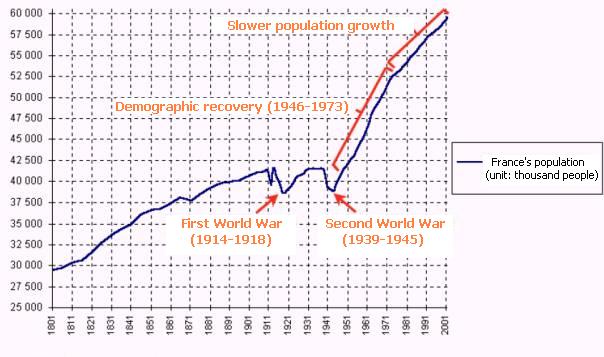
Wenn sogar eine Pandemie und ein wochenlanger Lockdown die Leute nicht dazu bewegt ihre Geschenke online zu kaufen, kann die Zukunft des stationären Handels nicht so düster ausschauen wie immer wieder einmal suggeriert wird.
Ich unterstütze auch gerne lokale Geschäfte – geht übrigens auch online.
Aber warum man sich heute auf der Mahü zig Minuten vor einem Geschäft anstellt um etwas zu kaufen, das man die letzten Wochen auch jederzeit online bestellen hätte können muss ich nicht verstehen, oder?
Aber warum man sich heute auf der Mahü zig Minuten vor einem Geschäft anstellt um etwas zu kaufen, das man die letzten Wochen auch jederzeit online bestellen hätte können muss ich nicht verstehen, oder?
Ich geh auch lieber “in echt” einkaufen. Aber grad jetzt ist es weder besonders entspannt, noch lustig, noch empfohlen. Also was bewegt einem dazu es doch zu tun? Ich versteh’s echt nicht.
Manche Sachen kriegt man nicht online, fair enough. Und bei manchem (Gewand, Schuhe) hilft es sie anzuprobieren, okay. Aber das erklärt nicht diesen Massenauflauf, wirklich nicht.
Und wieso gehen die Leute alle am ersten Tag 🤪? Wenn ich schon was brauch’ und das unbedingt persönlich im Geschäft kaufen will, warum geh ich dann nicht ein bisschen später? Echt schräg das Ganze.
• • •
Missing some Tweet in this thread? You can try to
force a refresh



